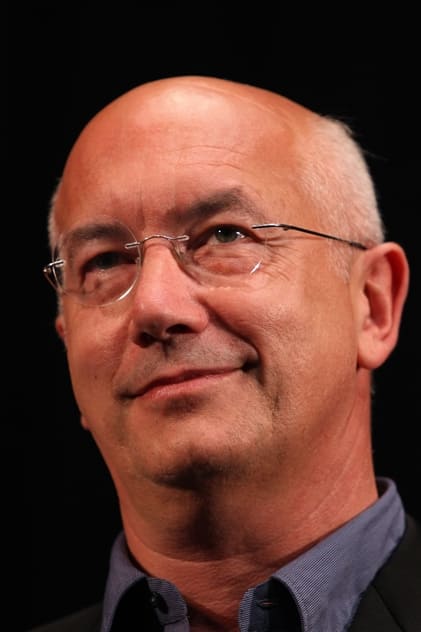

Davide Ferrario
Born: May 26, 1956
in Casalmaggiore, Cremona, Lombardy, Italy
in Casalmaggiore, Cremona, Lombardy, Italy
Davide Ferrario (born 26 June 1956) is an Italian film director, screenwriter and author.
Born in Casalmaggiore, Cremona, Ferrario graduated in Anglo-American literature, then he began to work in film distribution, and he contributed to import in Italy many indie films by John Sayles, Jim Jarmusch, Susan Seidelman, Godfrey Reggio. He also collaborated as a film critic with the cinema magazine Cineforum, and he wrote a monograph about Rainer Werner Fassbinder.
After collaborating to several screenplays, Ferrario made his directorial debut in 1987 with the short film Non date da mangiare agli animali, and in 1989 he directed his first feature film, the neo-noir The End of the Night. His 2004 film After Midnight entered the Forum section at the 54th Berlin International Film Festival, in which Ferrario won the Caligari Film Prize and the Don Quixote Award. Also a novelist, his 1995 debut novel Dissolvenza al nero was later adapted into a film, Fade to Black by Oliver Parker.
Born in Casalmaggiore, Cremona, Ferrario graduated in Anglo-American literature, then he began to work in film distribution, and he contributed to import in Italy many indie films by John Sayles, Jim Jarmusch, Susan Seidelman, Godfrey Reggio. He also collaborated as a film critic with the cinema magazine Cineforum, and he wrote a monograph about Rainer Werner Fassbinder.
After collaborating to several screenplays, Ferrario made his directorial debut in 1987 with the short film Non date da mangiare agli animali, and in 1989 he directed his first feature film, the neo-noir The End of the Night. His 2004 film After Midnight entered the Forum section at the 54th Berlin International Film Festival, in which Ferrario won the Caligari Film Prize and the Don Quixote Award. Also a novelist, his 1995 debut novel Dissolvenza al nero was later adapted into a film, Fade to Black by Oliver Parker.
Movies for Davide Ferrario...



Title: Torino 20venti - Storie da un altro mondo
Character: Himself
Released: November 24, 2020
Type: Movie
Shots of Turin, deserted because of the pandemic, interweave with images of the movies that have been shot in the city ever since the dawn of cinematography.


Title: La fine della notte
Character: Reporter
Released: September 30, 1989
Type: Movie


Title: Matewan
Character: Gianni
Released: August 28, 1987
Type: Movie
Filmed in the coal country of West Virginia, "Matewan" celebrates labor organizing in the context of a 1920s work stoppage. Union organizer, Joe Kenehan, a scab named "Few Clothes" Johnson and a sympathetic mayor and police chief heroically fight the power represented by a coal company and Matewan's vested interests so that justice and workers' rights need not take a back seat to squalid working conditions, exploitation and the bottom line.
